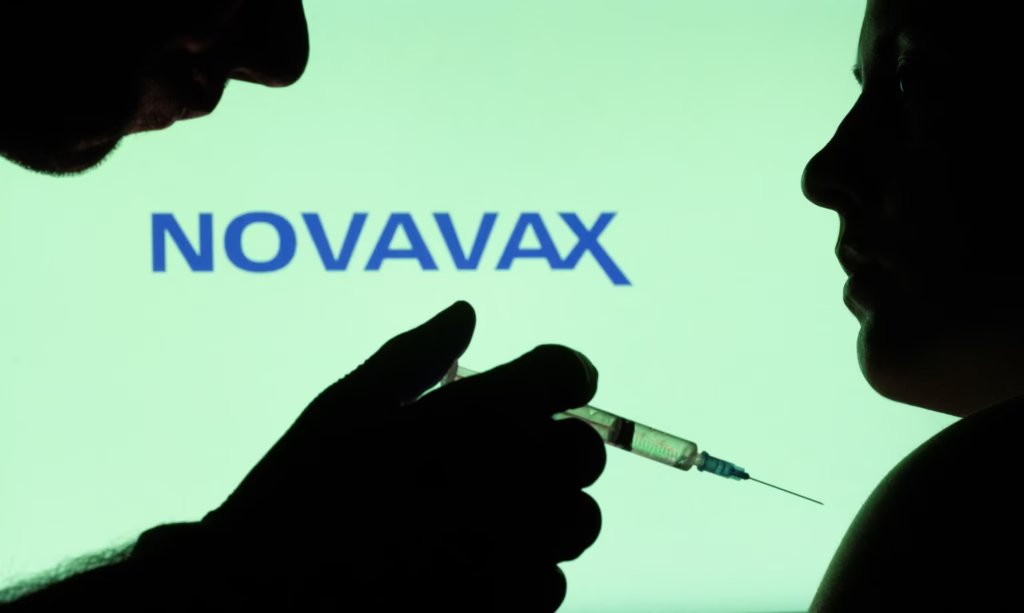Novavax’s protein-based COVID-19 vaccine, Nuvaxovid, wins FDA approval for older adults and people with underlying health risks under a focused use authorization
Novavax’s protein-based COVID-19 vaccine, Nuvaxovid, wins FDA approval for older adults and people with underlying health risks under a focused use authorization

The U.S. Food and Drug Administration granted full approval to Nuvaxovid, the protein-based COVID-19 vaccine developed by Novavax. The decision represents a significant step forward for the Maryland-based biotech company, which has been working for years to bring an alternative to mRNA-based vaccines to market.
The approval, however, is targeted rather than universal. Nuvaxovid is now licensed in the United States for use in adults aged 65 and older, as well as in adolescents and adults between 12 and 64 years old who have at least one underlying medical condition that increases their risk of severe outcomes from COVID-19. Use in healthy younger adults and children under 12 remains outside the scope of this approval. Ongoing studies are expected to provide additional data that could potentially expand the label to younger populations in the future.
This milestone follows years of development hurdles for Novavax. The company initially faced delays in manufacturing scale-up and regulatory filings, even as mRNA vaccines from Pfizer-BioNTech and Moderna quickly became the mainstay of the global pandemic response. The protein-based approach behind Nuvaxovid, which relies on a stabilized version of the coronavirus spike protein combined with a proprietary Matrix-M adjuvant, was often described as a more traditional technology that might appeal to individuals hesitant about newer platforms.
The FDA’s decision is based on a large Phase III clinical trial, which enrolled thousands of participants across multiple regions. The study demonstrated that Nuvaxovid effectively prevented symptomatic COVID-19 in older adults and those with health conditions such as diabetes, chronic lung disease, and cardiovascular disorders. Importantly, the safety profile was consistent with previous studies, showing mainly mild to moderate side effects like fatigue, headache, and injection site pain.
The approval has regulatory and commercial implications. Full licensure means Novavax can now market its vaccine directly for the specified populations, something that was not possible under emergency use authorization. The decision also activates certain milestone payments under Novavax’s existing partnerships and purchase agreements, providing the company with a much-needed financial boost.
While this is a major achievement, it comes with limitations. The FDA’s decision to restrict use to older adults and those with underlying conditions reflects both the need to protect vulnerable populations and the reality that younger, healthier individuals already have access to multiple effective vaccines. There is also an outstanding requirement for Novavax to complete studies in children under 12 before any broader approval can be considered.
Beyond the immediate U.S. market, Nuvaxovid’s full approval could strengthen Novavax’s position in global vaccine discussions. Protein-based vaccines are easier to store and distribute than mRNA vaccines, making them particularly valuable in regions with limited cold-chain infrastructure. This could help expand access in low- and middle-income countries, where logistical barriers have slowed vaccination campaigns.
However, questions remain. As COVID-19 continues to evolve, new variants could challenge the durability of vaccine protection, and ongoing updates will be essential to maintain efficacy. Another challenge will be communicating clearly who is eligible under the FDA’s approval, especially when it comes to defining what constitutes an “underlying health condition.” Miscommunication could create confusion among providers and the public, potentially affecting uptake.
Still, the approval of Nuvaxovid in May 2025 marks a turning point for Novavax. It not only validates the company’s persistence after years of obstacles but also adds a new tool to the global COVID-19 vaccine arsenal. For older adults and high-risk patients in the U.S., the availability of a protein-based option provides a choice that may better suit their needs or preferences.
Keep in touch with our news & offers